What is Programmatic Advertising
At its core, programmatic advertising refers to the automated process of purchasing digital media. Instead of relying on traditional negotiations, marketers use technology platforms powered by algorithms and real-time bidding to decide where and when ads appear. The result? A faster, more precise way to connect brands with the right audiences.
Why Programmatic Advertising Matters
The digital ecosystem is fragmented—users are spread across apps, websites, connected TVs, and more. Manual media buying simply can’t keep pace with this complexity. Programmatic solves the challenge by:
1. Using data-driven targeting to ensure ads reach people most likely to engage.
2. Scaling campaigns instantly by adjusting budgets rather than renegotiating placements.
3. Delivering transparency with measurable performance insights.
4. Optimizing in real time, ensuring every dollar spent drives stronger ROI.
However, programmatic isn’t without challenges. Risks such as ad fraud or limited control over exact publisher placements remain important considerations. That’s why choosing the right partners and platforms is essential.
How Programmatic Advertising Works
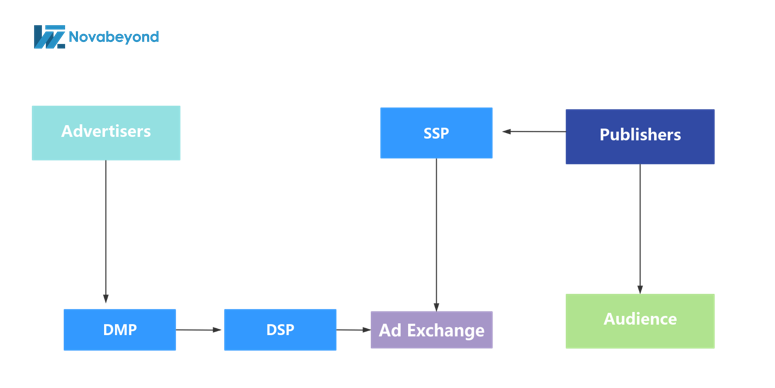
Behind every programmatic campaign lies a connected ecosystem of platforms:
● Demand-Side Platforms (DSP): Tools advertisers use to bid on ad inventory and manage campaigns across multiple channels.
● Supply-Side Platforms (SSP): Platforms used by publishers to sell available ad space.
● Ad Exchange: Marketplaces where DSP and SSP interact, enabling real-time bidding for impressions.
● Data Management Platform (DMP): Systems that organize first- and third-party data to improve audience targeting.
● Ad Servers: The final step that delivers the chosen creativity to the user.
When a publisher makes an ad impression available, it enters the programmatic ecosystem where advertisers, through their Demand-Side Platform (DSP), participate in real-time bidding. Competing bids are evaluated within milliseconds, and the highest bidder secures the impression. The winning creative is then instantly delivered and displayed to the user, ensuring a seamless and efficient advertising experience.
Key Types of Programmatic Advertising
1. Real-Time Bidding (RTB)
2. Private Marketplace (PMP)
A closed, invitation-only auction where premium publishers make their inventory available to a select group of advertisers. PMPs offer more control, transparency, and brand safety compared to open RTB, but they don’t guarantee volume.
3. Preferred Deals
4. Programmatic Guaranteed (PG)
Common Programmatic Ad Formats
Programmatic supports a wide range of creative formats, including:
● Display Ads (banners, sidebars, headers)
● Video Ads (in-stream and out-stream)
● Native Ads (seamlessly integrated with website content)
● Connected TV (CTV) & OTT Ads
● Digital Out-of-Home (DOOH) Ads
This diversity makes it possible to reach audiences across screens and contexts—whether they’re browsing news sites, watching streaming content, or checking an app.
How to Get Started with Programmatic Advertising
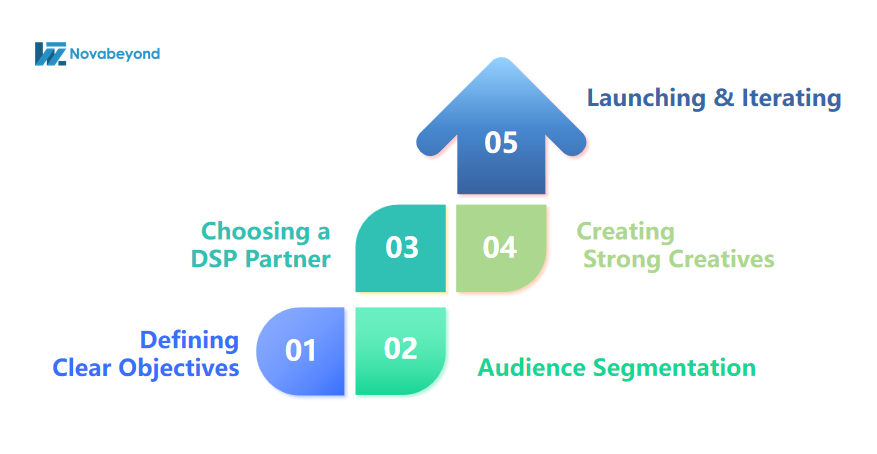
For brands new to programmatic, the journey typically involves:
1. Defining Clear Objectives – Decide whether your campaign is focused on awareness, engagement, or conversions.
2. Audience Segmentation – Build detailed personas and use available data (first- or third-party) to refine targeting.
3. Choosing a DSP Partner – Look for robust targeting, cross-format support, and transparent reporting.
4. Creating Strong Creatives – Test different ad formats and refresh creatives frequently to avoid fatigue.
5. Launching & Iterating – Monitor campaigns in real time, watch for anomalies, and continuously optimize for performance.
Programmatic advertising is no longer just a trend—it’s the backbone of digital marketing. As machine learning and AI continue to evolve, campaign automation and personalization will only become more sophisticated.
Getting started doesn’t have to be complicated. Today’s ad tech platforms are built to manage the process for you. Our team at Novabeyond is here to walk you through the mechanics of programmatic advertising and guide you on how to take advantage of it.
At Novabeyond, we help global advertisers unlock this potential with access to premium traffic sources, intelligent optimization technology, and transparent reporting. Whether your goal is app installs, e-commerce growth, or brand visibility, programmatic offers the scale and precision to deliver measurable impact.
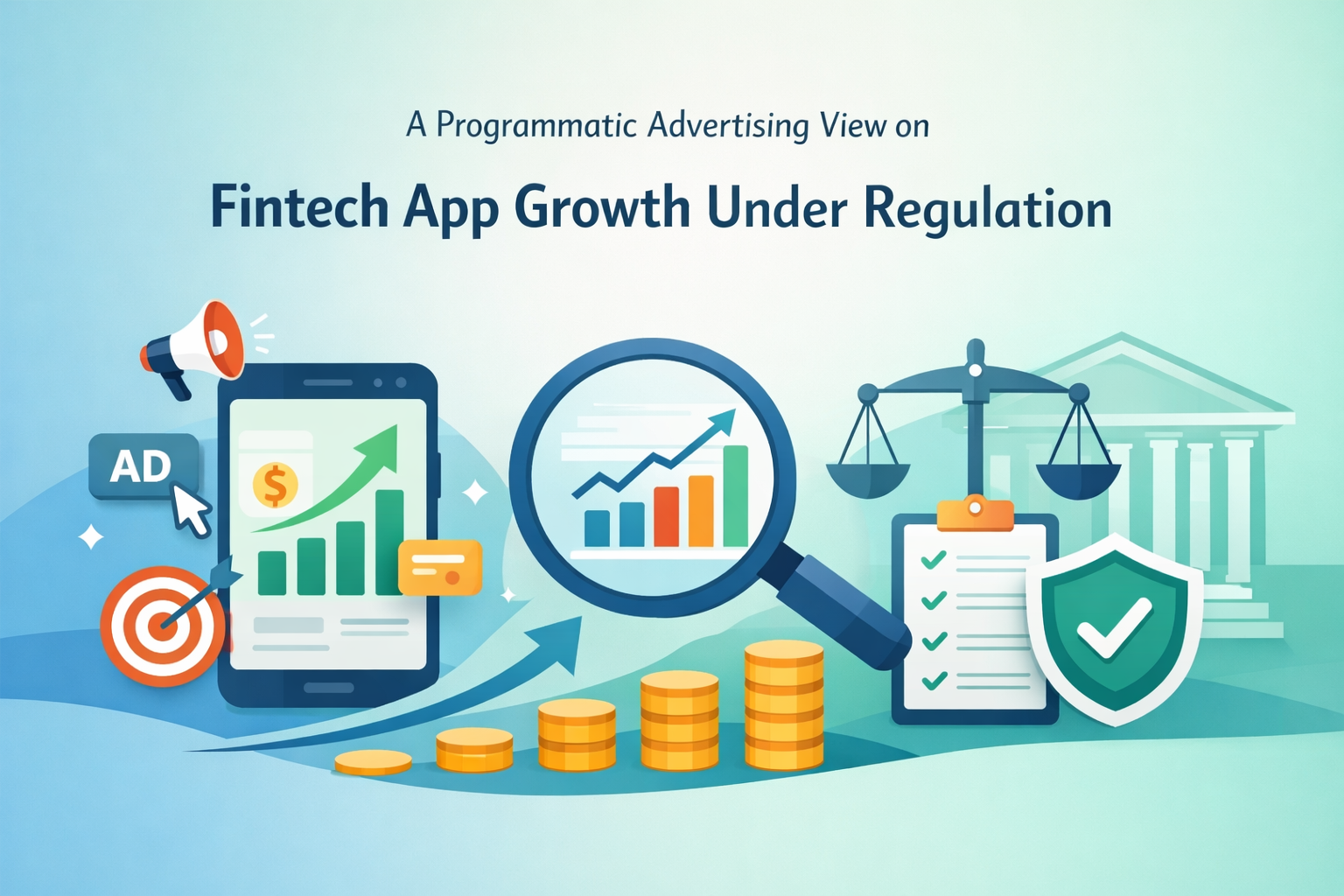
A Programmatic Advertising View on Fintech App Growth Under Regulation
January. 28 2026
LEARN MORE

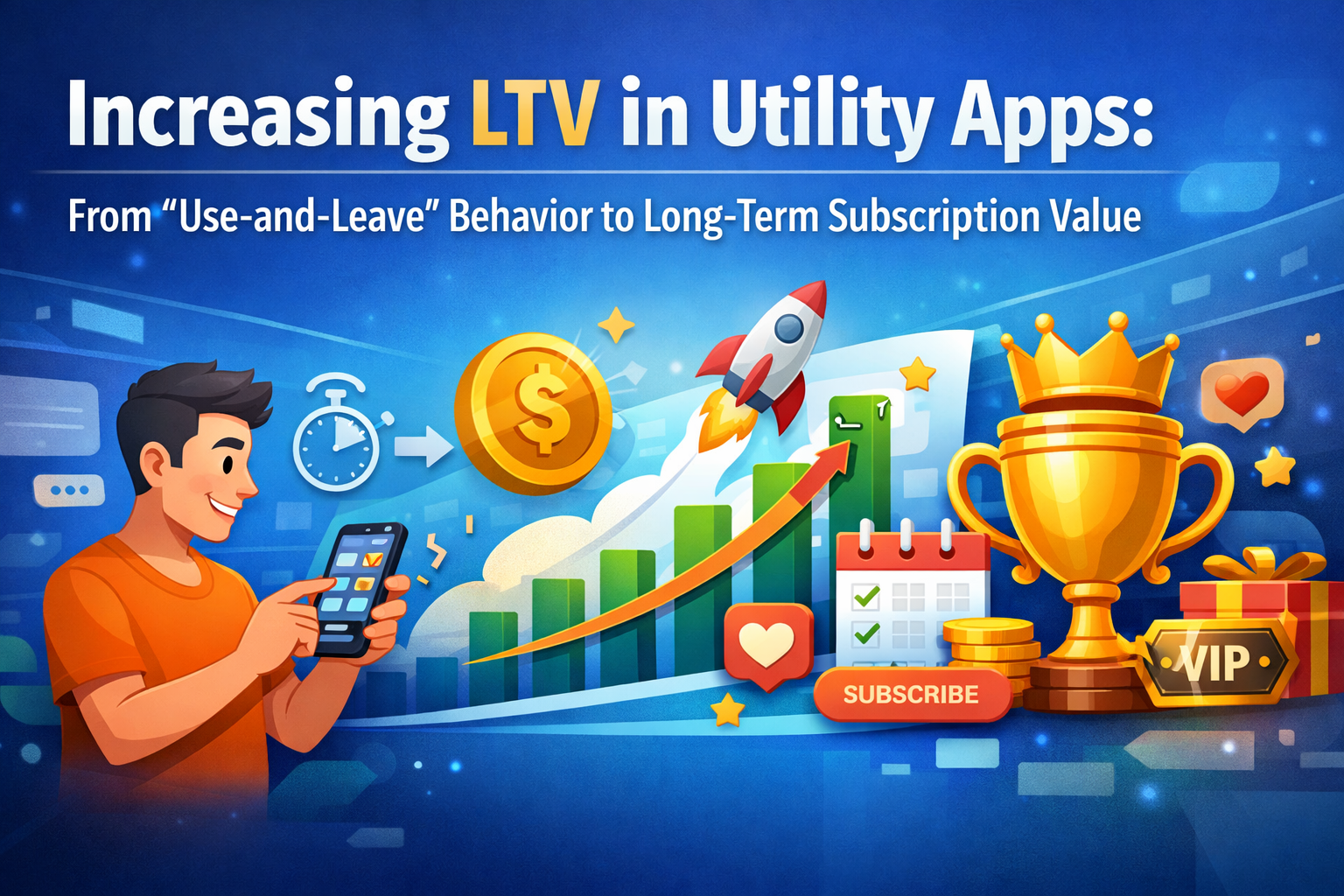
Increasing LTV in Utility Apps:From “Use-and-Leave” Behavior to Long-Term Subscription Value
January. 26 2026
LEARN MORE

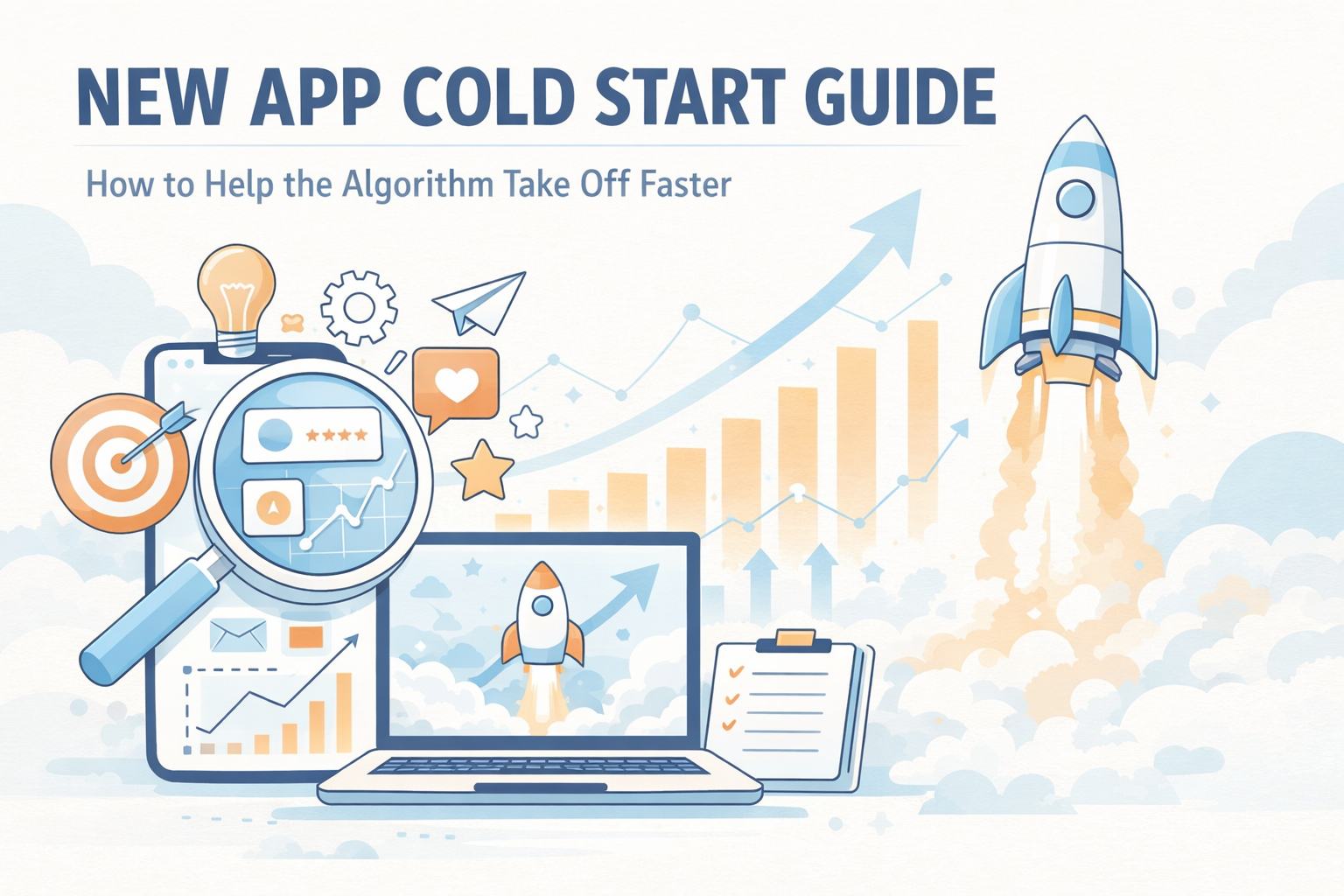
New App Cold Start Guide: How to Help the Algorithm Take Off Faster
January. 22 2026
LEARN MORE

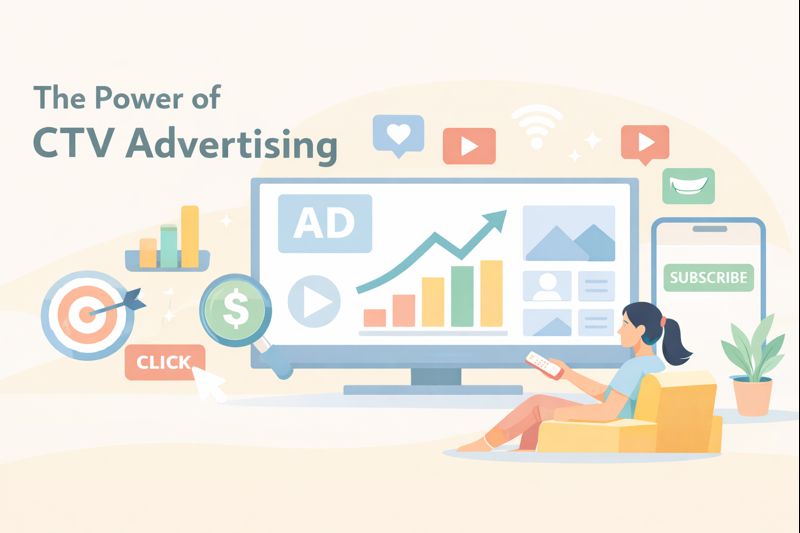
Programmatic CTV Advertising: The Next Breakout Moment in Digital Media Buying
January. 20 2026
LEARN MORE




